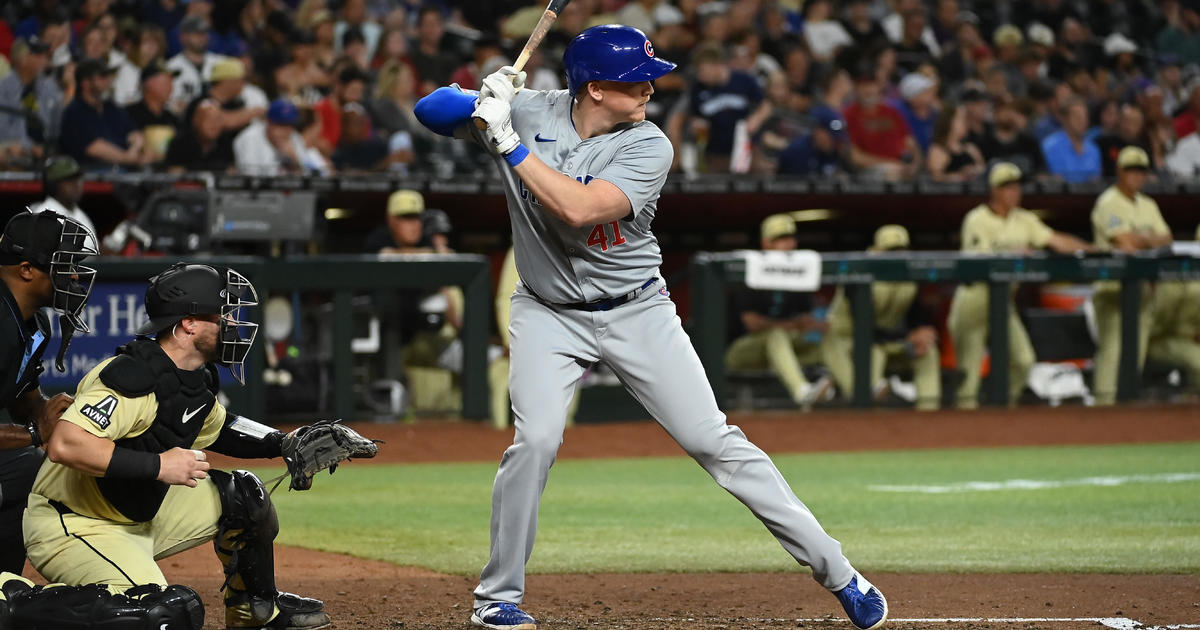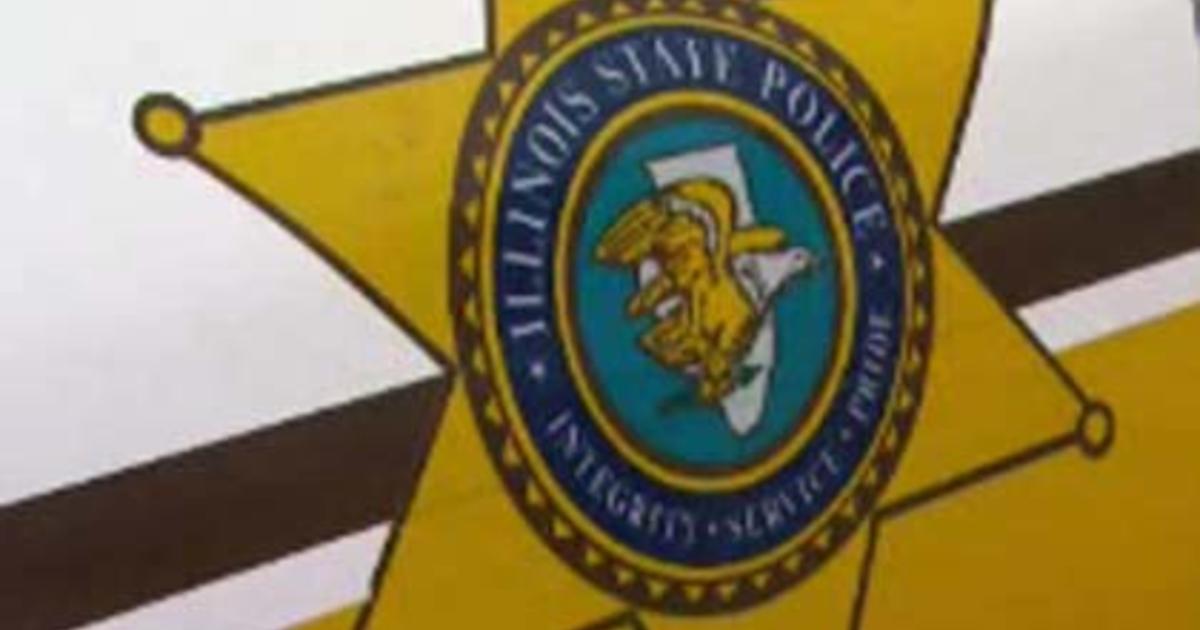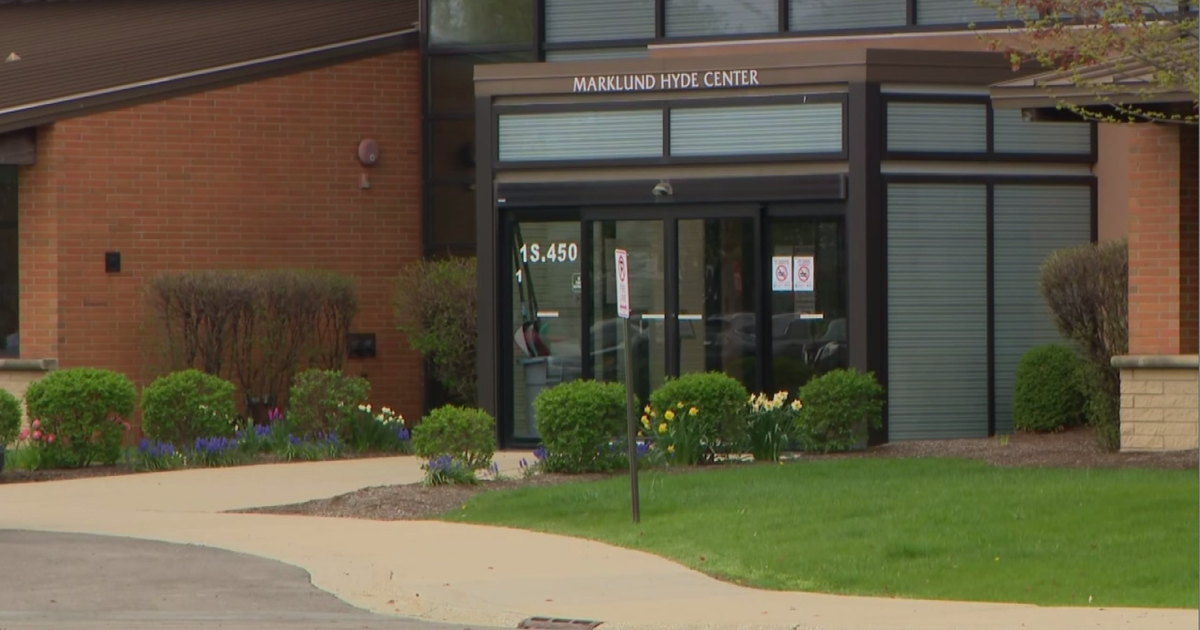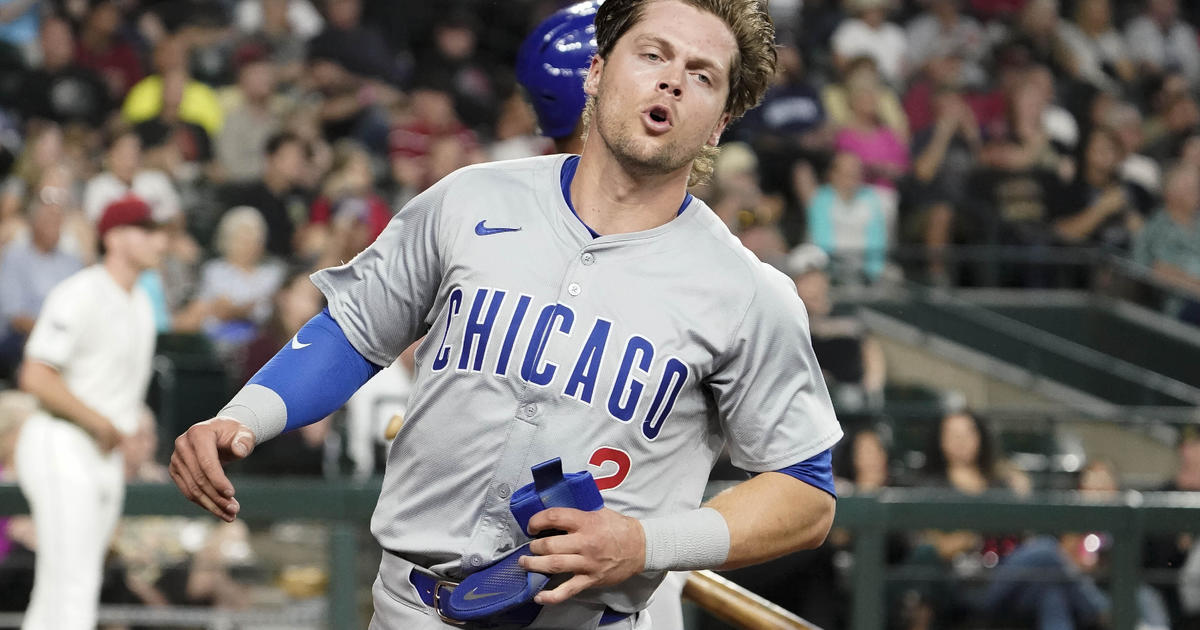Hoge: Ohio State Is Not Innocent In Tresselgate
By Adam Hoge -
This just doesn't add up.
Ohio State head football coach Jim Tressel was suspended for two games and fined $250 thousand dollars Tuesday after the school revealed he had knowledge of his players selling memorabilia eight months before the scandal was made public in December.
The school claims he was tipped off by an unnamed attorney who had knowledge of the situation. The school also claims Tressel didn't tell a single person about this information and repeatedly failed to report any knowledge of the information to the school and the NCAA when given the chance.
In essence, Ohio State is putting all of the blame on Jim Tressel's shoulders and accepting none of the responsibility.
So no one else did anything wrong? No one else covered any information up or failed to investigate Tressel's knowledge of the situation?
Forgive me for being skeptical. I find that hard to believe.
Because I'm skeptical, I read the entire letter Ohio State sent to the NCAA in which they self-reported the violations. Sure enough, sitting there on Page 3 of the report, buried in the midst of several examples of Tressel failing to inform the university of his knowledge of the NCAA violation in question, is an example of the head coach telling the university he received a "tip" regarding the matter.
"University officials informally questioned Coach Tressel about his knowledge of this information," the report sent to the NCAA states. "When Coach Tressel was asked if he had been contacted about the matter or knew anything about it, he replied that while he had received a tip about general rumors pertaining to certain of his players, that information had not been specific, and it pertained to their off-field choices."
According to the report, this questioning occurred in December after the school was notified by the Department of Justice that some players potentially violated "NCAA legislation for selling memorabilia and receiving discounted services." Granted, Tressel's reply to the questioning came in the midst of him intentionally misleading an investigation into the matter, but he clearly told the university he had received a tip that his players may have committed an NCAA violation and the school failed to investigate that tip further.
If that's not a cover up of the cover up, then I don't know what is.
This isn't the only exception I take to Ohio State's report filed to the NCAA, which you can read here, along with the e-mail exchange between Tressel and the attorney. Naturally, NCAA violations can be confusing and I had lot of questions when all of this came out Tuesday. To help answer those questions I went through every word of the report and the e-mails. Consider the following a Reader's Digest version of everything that has happened in the last few months:
First, when did all of this start? How did the university find out that certain players had sold memorabilia?
While investigating Edward Rife, an owner of a tattoo parlor called "Fine Line Ink", for alleged drug trafficking, the U.S. Department of Justice seized certain Ohio State University sports memorabilia "and questioned whether the University or certain student-athletes had ownership interest in these items," according the report sent to the NCAA. The Department of Justice then sent its findings in a letter to the University's Office of Legal Affairs. Ohio State then declared Terrelle Pryor, Dan Herron, DeVier Posey, Mike Adams and Solomon Thomas ineligible and on December 19 submitted a self-report of a violation of Bylaw 12.1.2.1.6 and an eligibility reinstatement request to the NCAA. The players were reinstated for the Sugar Bowl but suspended for the first five games of the 2011 season.
When and how did the university find out that Tressel had knowledge of his players' NCAA violations and tried to cover them up?
Ohio State found out well before Yahoo! Sports first reported Tressel's wrongdoing Monday night. According to the press release sent out by the university Tuesday, "The university became aware of this situation on Jan. 13, while reviewing information on an unrelated legal issue." (OK, sidenote: Anyone else besides me want to know what that legal issue is?)
According to the report OSU sent to the NCAA, "the institution's Office of Legal Affairs discovered an e-mail from Coach Tressel that was the subject matter of some of the activities pertaining to the University's December 2010 NCAA self-report." The school then searched Tressel's e-mail account and "uncovered three e-mail strings between Coach Tressel and an attorney relating to this matter and to certain student-athletes."
Who is the attorney e-mailing Tressel and what was discussed?
The attorney's name is blacked out on the copies of the e-mails and protecting his/her anonymity was specifically mentioned in the report as a reason why Tressel did not inform the university of these e-mails.
My questions: Is the attorney a booster? Why is he/she providing this information to Tressel in the first place? How does the attorney have Tressel's e-mail address? (For what it's worth, the attorney spelled Tressel's name wrong in the first e-mail.)
The attorney claims he has a lot of friends in law enforcement and informs Tressel that the feds raided Rife's house and seized the Ohio State memorabilia. The attorney also says he/she has knowledge that players were given free tattoo's in exchange for signed memorabilia.
Tressel's reply is: "Thanks (blacked out name)... I will get on it ASAP..."
Here's another red flag for the NCAA. What does Tressel mean when he says he "will get on it ASAP"? Wouldn't "getting on it" involve conversations or inquiries about the situation with other people, specifically other coaches or the players named by the attorney? He didn't mention it to anyone else inside the athletic department? This is important because if anyone else had any knowledge, then Tressel isn't the only one who withheld information.
In the second e-mail, the attorney claims he had Rife in his office and Rife told him about the memorabilia he had.
Tressel's reply: "I hear you !! It is unbelievable !! Thanks for your help....keep me posted as to what I need to do if anything. I will keep pounding these kids hoping they grow up....jt"
I find it very interesting that Tressel tells the attorney to let him know if he needs to do anything. He also implies that he would scold the kids for their wrongdoing. So if he specifically talked to the five players in the offseason about what they did wrong, then what was that public apology he demanded from them in December? You know, the one where he made the players promise they would come back in 2011 before he would allow them to play in the Sugar Bowl? How can the players even have respect for him anymore?
Finally, in June, Tressel initiated one last e-mail correspondence with the attorney, writing: "Our rings arrive this week for 2009 Big Ten ....any names from our last discussion?? I would like to hold some collateral if you know what I mean ....jt".
The attorney replied by saying he had no other names.
When did Tressel lie about his knowledge of the information?
The report filed to the NCAA lists three specific instances where Tressel failed to report the NCAA violation committed by his players. The first occurred when he signed the NCAA Certificate of Compliance Form on September 13, 2010. The second came when he did not report the information in early December when he initially learned from university officials that the Department of Justice knew about the memorabilia. The final instance was when he was questioned by university officials after interviews were conducted with the players involved. This was where he mentioned the tip he received, which the university apparently ignored. Tressel went on to mislead the investigation by saying "he did not recall from whom he received the tip" and that "he also stated that he did not know that any items had been seized."
We obviously now know those were lies.
What is Tressel's excuse?
OSU's report to the NCAA states that Tressel "did not report the information to the institution because he believed that there were unusual extenuating circumstances that outweighed him informing the University of the information he had learned. In particular, he was protecting the confidentiality of the attorney (which the attorney requested)."
What is Tressel's punishment?
Tressel will be suspended for the first two games of the 2011 season and will have to pay a $250,000 fine. Considering those two games are against Toledo and Akron, it hardly seems like a reasonable punishment.
Also, what's worse? The violation the players committed or Tressel covering up that violation? The players were suspended for five games and one would think Tressel's offense warrants a punishment at least equal to the players when it comes to a suspension.
Finally, where is the $250,000 going? According to the report, "this money will be used to pay for the direct costs of the investigation (i.e. travel, outside consultant, etc.)". Right, so instead of donating the money to charity, the university is otherwise keeping the money it would usually be giving to Tressel.
It should be noted that the NCAA could punish Tressel further. Considering all the red flags raised in this report sent to the NCAA, one would hope this is investigated further.
Something tells me the cover up of the cover up of the cover up is starting.
Adam Hoge covers college football and college basketball for 670TheScore.com. For more on Tresselgate, be sure to follow him on Twitter @AdamHoge670. You can read more of his work here.



